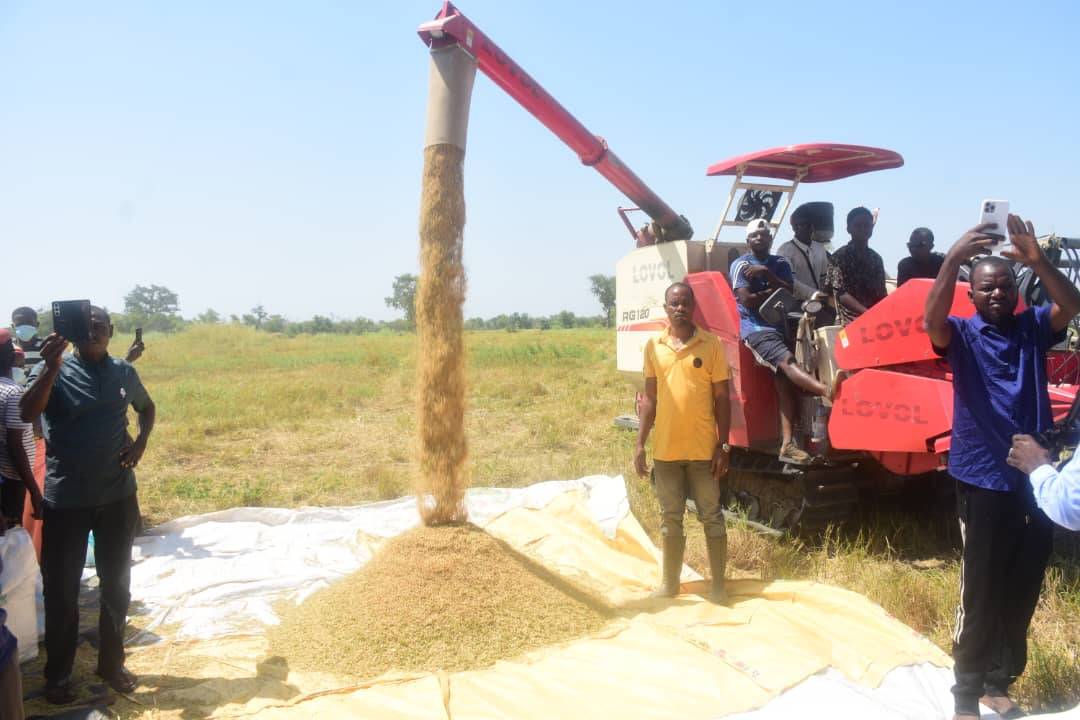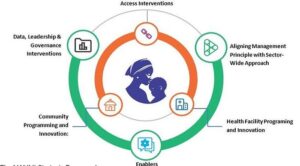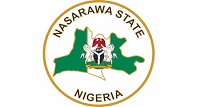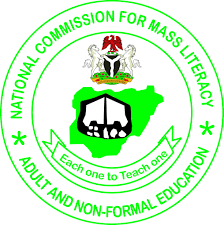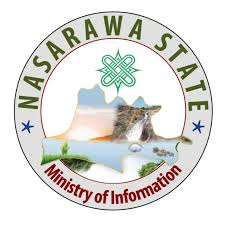Nasarawa State Government Calls for Inclusive Approach in Development Planning
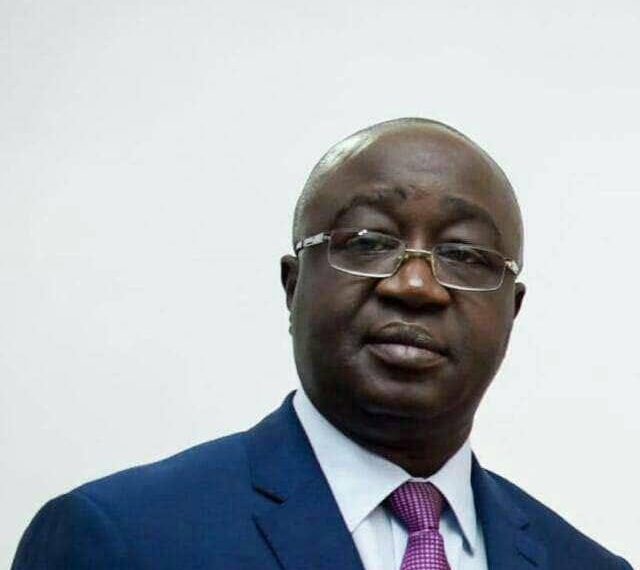
The Nasarawa State Government has underscored the need to build an articulated inclusive approach in development planning based on real expertise and shared experiences.
Deputy Governor of the state, Dr. Emmanuel Akabe stressed the need while declaring open the twenty third Joint Planning Board, National Council on Development Planning, at the Aliyu Akwa Doma Banquet Hall, Lafia.
According to the state Deputy Governor Dr. Emmanuel Akabe , a holistic and consistent development planning process is necessary at the sub-national levels, saying this is achievable when there is effective collaboration between the state and Federal Governments.
The Deputy Governor regretted that the Nigerian economy is experiencing surge in its inflationary trends acassioned by the erosion of the value of the Naira but however, expressed optimism that the conference will help to put in place different policy options and set specific short – term policy recommendations that will significantly improve the economic performance of the country and overall wellfare of the citizens.
He highlighted areas where participants need to bring to the front burner to include issues of double taxation, harmonization regulations and coordinating policies through peer leaning and deepening national strategic planning across the states.
Permanent Secretary of Budget and Economic Planning, Dr. Emeka Vitalis Obi commended the state government for it efforts at streamlining planning processes in line with President Bola Ahmed Tinubu’s Renewed Hope Agenda, adding that the ministry will continue to play pivotal role in strategic planning and management of the nation’s resources.
In her separate remarks the state Commissioner for Finance, Budget and Economic Planning, Munira Abdullahi assured of the readiness of the ministry to collaborate with the federal ministry to enhance economic and budget planning in the state.
The twenty third Joint Planning Board, National Council of Development Planning which had as it’s theme: The State of the Nigerian economy: Challenges, Options and Opportunities, drew participants from the state and federal governments, including those from the organised private sector and development partners.





